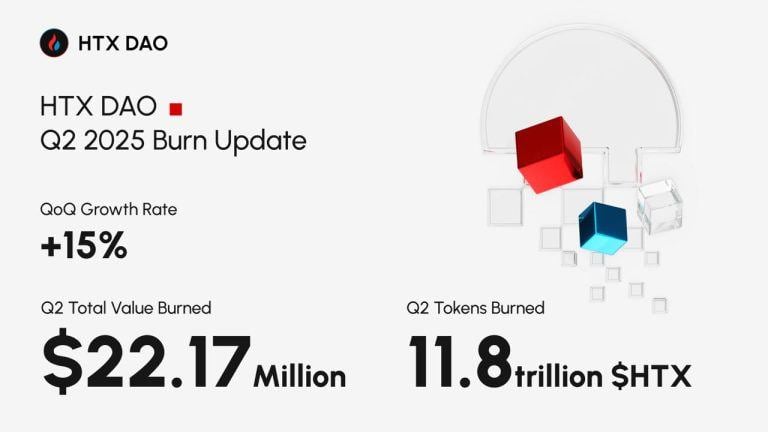Ripple Labs’ Japanese partner SBI Holdings has set up its new S coin token platform. The platform works on the Corda blockchain.
Japanese Bank SBI Holdings Inc. (TYO: 8473), which is a Ripple Labs partner, has introduced its new token platform. The bank made this known in a press release yesterday. The S Coin platform by SBI can issue tokens on the Corda Blockchain, owned by American company R3.
The S token platform was currently issuing only digital tokens, but it may change, because it will have the ability to issue Central Bank Digital Currencies (CBDCs) in the future. It comes at a time when the Japanese have been seeking to create a stablecoin that has a parity of 1:1 with the Japanese Yen. This project was supposed to coincide with the start of the Olympics this year. However, the event has been postponed due to the COVID-19 pandemic. It is alongside the start of the stablecoin project.
SBI Holdings Isn’t Competing against Ripple Labs
It may seem to many that SBI Holdings Inc. is competing against Ripple Labs, but many reasons prove otherwise. Firstly, the cryptocurrency ecosystem is still in its formation stages, as at this time, many projects are still trying to find their feet. The full adoption of web 3 technologies hasn’t kicked in. Many corporate entities are playing around with the new technologies to see what works.
Another factor is the large size of the global financial markets. Competition in such fields will have to occur on a massive scale given the large size of the markets. Working with two or three different technologies helps to fine-tune operations within any given financial institution.
SBI also announced the launch of its Ripple-based MoneyTap payments app which is used for internal transactions. MoneyTap Co. is considered as a subsidiary of SBI Holding Inc.
MoneyTap works on the XRP blockchain. It allows for deposits and account to account transfers. The platform allows for merchant payments and, S Coin token operations can also be conducted on the MoneyTap platform. It brings another dimension of the payments paradigm. Internal and external operations can now occur on the XRP blockchain. It, of course, carries several advantages.
Speed, security, low cost of transfers, and more. It also gives the XRP ledger another use-case scenario. It works well for budding financial institutions that are seeking to scale up but can’t afford the costs that legacy systems incur. They allow the institution to focus on operations while having access to decentralized infrastructure.
Ripple Labs has also gone one step further in bringing decentralization to the financial sector. The company recently announced the launch of its Payburner peer-to-peer platform. Payburner works using the XRP ledger. Ripple Labs has also integrated universal payment identifier PayId. Anybody should be able to receive payments anywhere using PayId. Furthermore, merchants should be up and running using Payburner in just a few minutes. It further drives home the simplification of the use-case scenarios of cryptocurrencies.
Christopher Haruna Hamman is a Freelance content developer, Crypto-Enthusiast and tech-savvy individual. He is also a Superstar Content Developer, Strategy Demigod, and Standup Guy.




